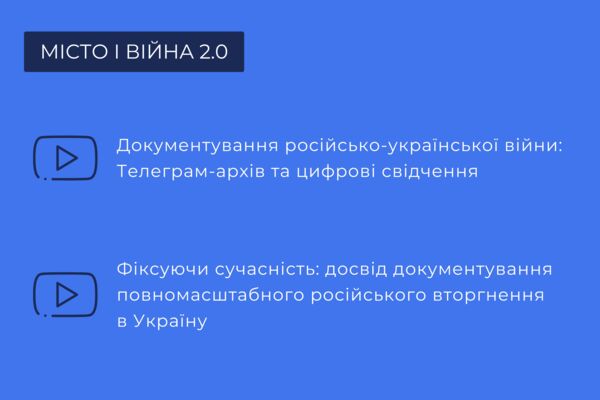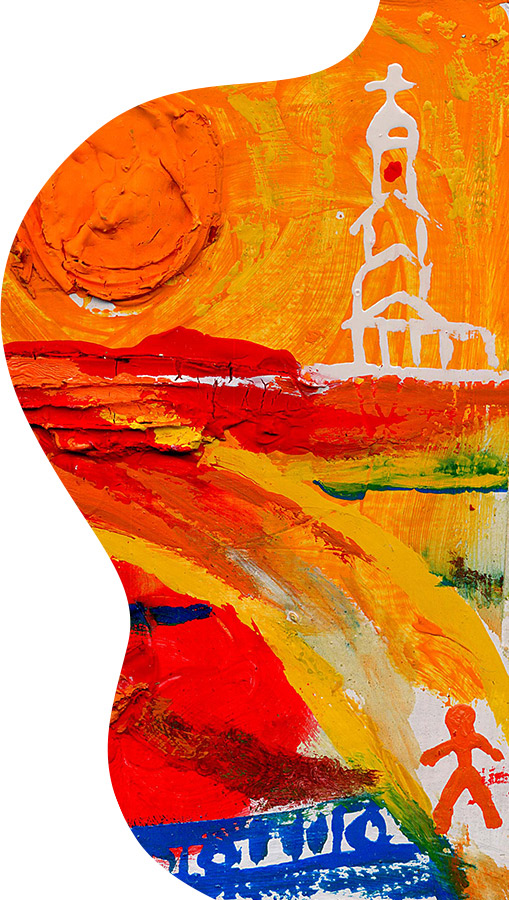Online Discussion on Documenting the Russo-Ukrainian War
8 August 2025 року
As part of the “CITY AND WAR 2.0” project, several online discussions were held focusing on the documentation of the ongoing Russo-Ukrainian War. The events were co-organized by the Centre for Urban History of East Central Europe, the “Telegram Archive of the War” project, and the Institute of Philosophy and Sociology, Polish Academy of Sciences.
On June 11, 2025, an online event titled “Documenting the Russo-Ukrainian War: The Telegram Archive and Digital Testimonies” took place, featuring Taras Nazaruk – Head of Digital History Projects at the Center for Urban History of East Central Europe, and Coordinator of the “Telegram Archive of the War” project. He explored the role of social media in contemporary communication practices, outlined relevant approaches to documenting digital materials related to the war, and discussed the integration of digital testimonies into academic research. The event was moderated by Yevhen Rachkov, co-coordinator of the “CITY AND WAR 2.0” project.
On June 23, 2025, a regular online event titled “Recording the Present: Experiences in Documenting the Full-Scale Russian Invasion of Ukraine” was held, featuring Anna Wylegała – a sociologist, oral historian, and associate professor at the Institute of Philosophy and Sociology of the Polish Academy of Sciences, coordinates the project “24.02.2022, 5 a.m.: Testimonies from the War.” She outlined the project’s aims and primary objectives, and addressed key methodological and ethical challenges faced by researchers documenting and analyzing the events of the Russo-Ukrainian War. Particular attention was devoted to the archiving and long-term preservation of oral history collections focused on the war and forced migration, as well as to the significance of interdisciplinary approaches and international partnerships in advancing research initiatives related to the war. The discussion was moderated by Yuliya Kiselyova, co-coordinator of the “CITY AND WAR 2.0” project.
We sincerely thank the participants of the online events for their exceptionally insightful presentations and fruitful discussions. We hope that the proposed approaches and expressed reflections on documenting the Russo-Ukrainian War will contribute to further interdisciplinary research on contemporary processes.




